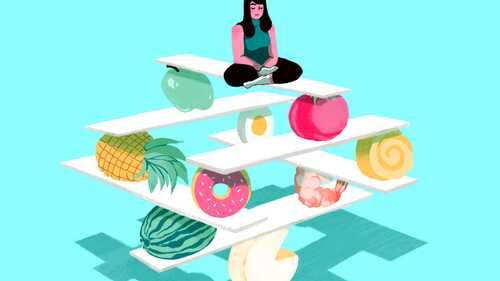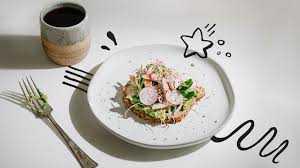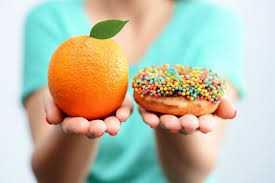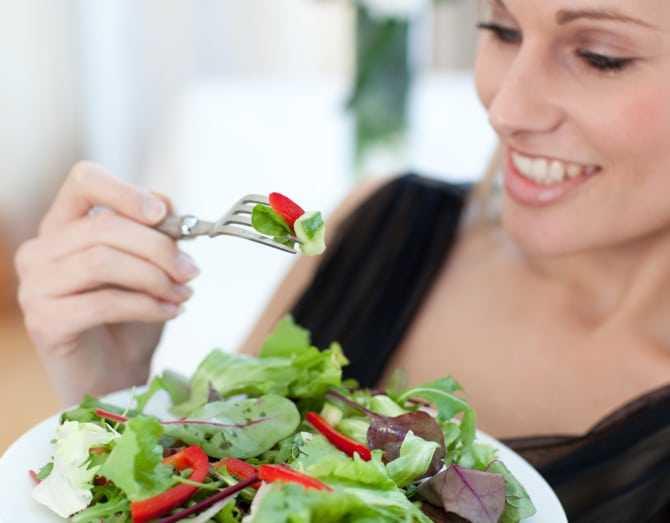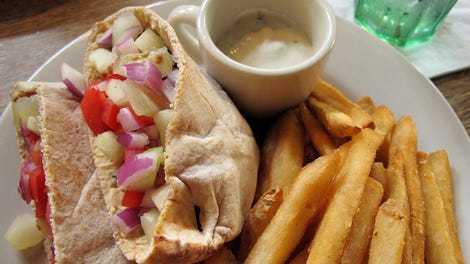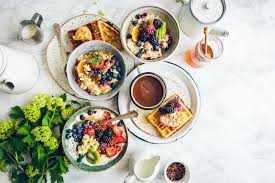Explore the World's Best Ideas
Join today and uncover 100+ curated journeys from 50+ topics. Unlock access to our mobile app with extensive features.
Intuitive eating
Rejects the diet mentality, promotes giving yourself permission to eat without labeling some foods "good” and others “bad,” acknowledging when you’re eating your feelings and accepting the body you have.
163
827 reads
Making peace with food
It doesn’t mean giving in to every craving; it means getting rid of the idea of “giving in” to “bad foods” altogether. Eat that Oreo when you want it, without any negative emotion attached, and you won’t feel like you need to eat the whole bag.
170
603 reads
Respect your fullness
Listen for the body signals that tell you that you are no longer hungry. Intuitive eating is about understanding what foods your body feels best eating, and how to make your own food choices based on your own hunger and fullness
160
549 reads
Intuitive eating and weight fluctuation
Intuitive eating does not guarantee weight loss.
Dietitians who work with intuitive eating often talk about the “set point” – the range (sometimes as wide as 10-20 lbs) of weight that your body naturally leans toward over time, whatever you do. Research into this theory is ongoing.
136
528 reads
Understanding hunger
Intuitive eating means learning the difference between what is eating for emotional need versus physical need, and also really understanding that foods can be emotionally equal. It’s about learning how to challenge your food rules and give yourself permission to eat when you’re hungry.
148
591 reads
IDEAS CURATED BY
Fiona I.'s ideas are part of this journey:
Learn more about health with this collection
The importance of practice and repetition in learning
How to stay motivated and avoid burnout while learning
How to break down complex concepts into manageable parts
Related collections
Similar ideas
6 ideas
A Quick Guide to Intuitive Eating
healthline.com
Read & Learn
20x Faster
without
deepstash
with
deepstash
with
deepstash
Personalized microlearning
—
100+ Learning Journeys
—
Access to 200,000+ ideas
—
Access to the mobile app
—
Unlimited idea saving
—
—
Unlimited history
—
—
Unlimited listening to ideas
—
—
Downloading & offline access
—
—
Supercharge your mind with one idea per day
Enter your email and spend 1 minute every day to learn something new.
I agree to receive email updates
